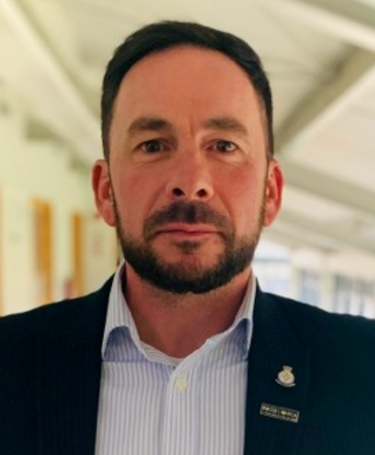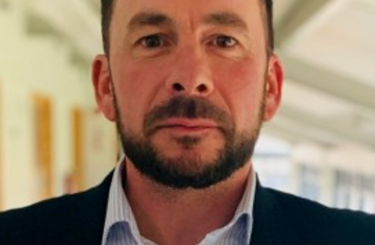
Why military veterans make good auditors

Mark Walsh CQP MCQI, Technical Director at Q-SYS Solutions, argues that a military background can be an asset for auditing.
When preparing for the transition to civilian life, ex-service personnel are encouraged to focus on their transferable skills. This exercise starts with listing the personal qualities that are equally recognised across the military and civilian employment spheres.
Some of the qualities often attributed to service personnel include being: ethical; open-minded; diplomatic; observant; perceptive; versatile; tenacious; decisive; self-reliant; able to act with fortitude; open to improvement; culturally sensitive; and collaborative.
Of course, these qualities are also critical to successful auditing. An auditor or team without these personal qualities could potentially do the auditing process, auditing organisation, and the auditee more harm than good.
ISO 19011 is the international standard “Guidelines for auditing management systems”, which covers audit personnel, roles and responsibilities, and competence in various clauses. The list of personal qualities mentioned above can be found in clause 7.2.2. Personal behaviour. Many people leaving military service already possess many of those qualities – whether they are aware of it or not.
Skill development
The military is synonymous with repetitive drills with a focus on improvement. In the face of instructors’ demands, military personnel remain focused, diplomatic and tenacious, reacting with a simple 'yes, Staff'.
I enlisted into the Royal Logistic Corps as a Movement Controller before later training as a Pashto interpreter. Both roles would require me to use the personal qualities described in ISO 19011.
As a Movement Controller, I was deployed to Iraq in 2004. I was managing the British military air desk as the Air Transport Liaison Officer (ATLO) at Baghdad military airhead. Part of my role was to book passengers on daily flights running the Basra-Baghdad-Kuwait and return route. As a lone operator, I had to be self-reliant; collaborative because of the multinational presence; and decisive and diplomatic, as it wasn’t always possible to accept every passenger, and decisions had to be made around priority.
If you are … looking to add to your quality function, then consider hiring personnel from the veteran community
As an interpreter, I was deployed to Afghanistan. I recall once being part of a ‘shura’ a meeting between the military/agencies and the regional elders. I was tasked to listen to and observe the locally employed interpreter – a native Afghan – and give feedback to senior command on his performance and the accuracy of his translations. In this situation, it was essential to be observant, culturally sensitive, and open minded. It is not always possible to give a verbatim translation, so you must use context and conversation flow to provide a balanced appraisal.
After the Army
When I left the Army and joined the subsea engineering industry, I quickly became drawn to the quality profession. I wasn’t sure why at first but, over time, I realised that I already possessed a lot of the personal attributes it required.
I now work as an independent quality management consultant focusing on supporting small and medium-sized enterprises (SMEs) to gain certification to ISO 9001:2015, conducting audits and supply chain management such as vendor and contract management, in-process audits, pre-qualification audits and independent root cause analysis. I am a certified lead auditor and internal auditor trainer, and I give a great deal of credit to the military for helping me to develop the qualities needed to succeed in my current profession.
Applying the skills
As an auditor, when you liaise with personnel from up and down the seniority chain, the types of skills honed by the military are a real benefit. For example, when advising clients, you have to be open-minded as to how to continue to develop the quality management system to support their vision; you also have to be tenacious and diplomatic when informing them how they must remain compliant with the requirements of the standards.
As technical director, I am involved in client-facing situations during business development, bid phase and contract execution. Here, being open-minded and collaborative on their requirements is key – because in quality not one size fits all. Similarly, you always have to be open to improvement.
If you are a hiring manager or lead auditor looking to add to your quality function, then consider hiring personnel from the veteran community. With many of the personal qualities needed to be a good auditor coupled with other personal skills, such as being quick to learn, they would be an asset to your organisation.